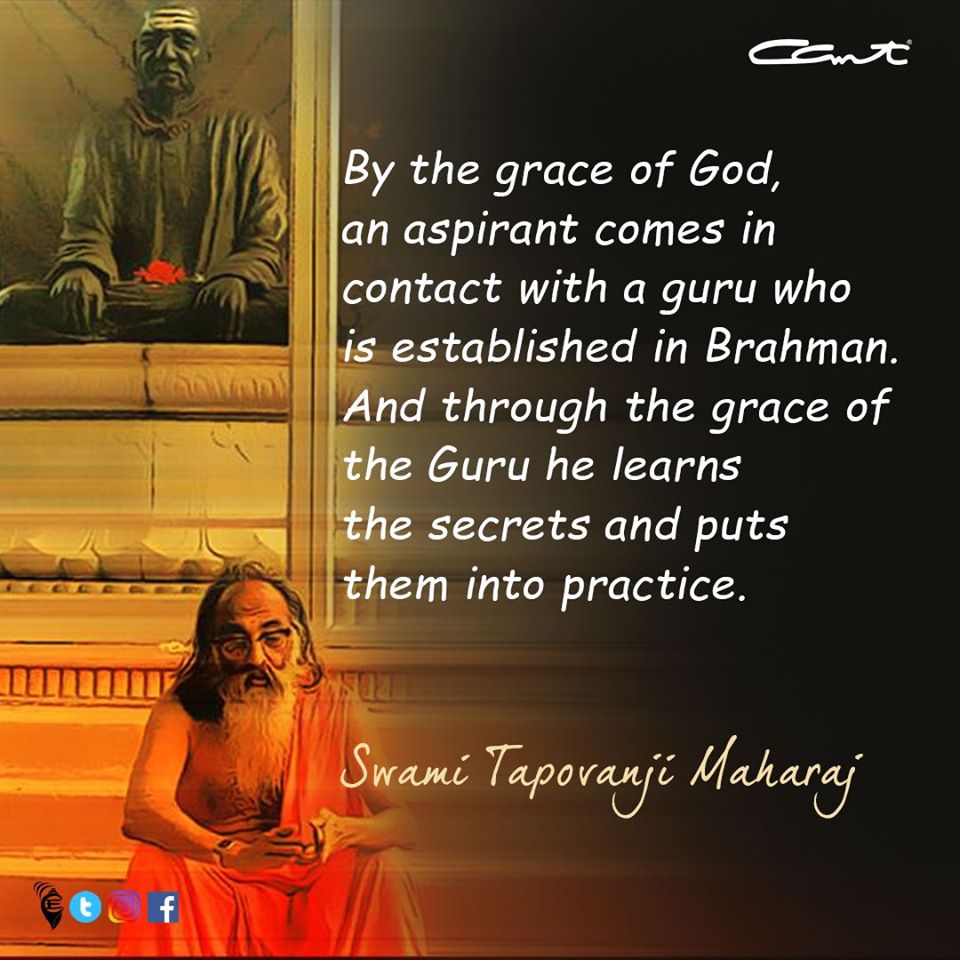OM: the Sound of the Universe - Sri Aurobindo
========================================================================
=======================================================================
10/12/2019.
Sri Aurobindo translates Taittiriya Upanishad, Shikshavalli, Chapter Eight :
========================================================================
“OM is the Eternal. OM is all this universe. OM is the syllable of assent: saying OM! let us hear, they begin the citation. With OM they sing the hymns of the Sama; with OM SHOM they pronounce the Shastra. With OM the priest officiating at the sacrifice sayeth the response. With OM Brahma beginneth creation (or, With Om the chief priest giveth sanction). With OM one sanctioneth the burnt offering. With OM the Brahmin ere he expound the Knowledge, crieth ‘May I attain the Eternal.’ The Eternal verily he attaineth.”
A number of Upanishads focus on the syllable OM. It is considered to be the “sound-body” of the universe. When properly intoned, it attunes the being to the Eternal. It can bring a deep experience of peace and a feeling of Oneness. A reported event occurred which may help to illustrate. Back in the early 1970’s when American youth were protesting the war in Vietnam, they marched in Washington D.C. and were in the process of being surrounded and arrested by heavily armed and armored police. The natural fear and uncertainty arose in the crowd when confronted with these (later determined to be illegal) arrests that prevented their lawful exercise of freedom of assembly and redress of grievances to their government. Sensing the incipient panic, someone in the crowd started chanting OM. Quickly the rest of the crowd took up the chant, and the fear departed and everyone responded with peace in their hearts. The entire atmosphere changed and was permeated by the sound of OM chanted by a sizable crowd under these circumstances.
Sri M.P. Pandit adds: “As to the concentration of the mind, for centering the consciousness progressively upon the Ideal of Brahman, there are many aids, a variety of supports recommended to the seeker in the Upanishads. But the most important and celebrated is the repetition of the sacred syllable OM which is held to be the nearest sound-approximation to Brahman and whose vibrations go to open up the heights of the Supreme Self for the aspiring consciousness in man.”
“In the words of Sri Aurobindo: OM is ‘the mantram, the expressive sound-symbol of the Brahman Consciousness in its four domains from the Turiya to the external or material plane. The function of a mantra is to create vibrations in the inner consciousness that will prepare it for the realisation of what the mantram symbolises and is supposed indeed to carry within itself. The mantram OM should therefore lead towards the opening of the consciousness to the sight and feeling of the One Consciousness in all material things, in the inner being and in the supraphysical worlds, in the causal plane above now superconscient to us and, finally, the supreme liberated transcendence above all cosmic existence.’ (from Letters)”
****
========================================================================
=======================================================================
10/12/2019.
Sri Aurobindo translates Taittiriya Upanishad, Shikshavalli, Chapter Eight :
========================================================================
“OM is the Eternal. OM is all this universe. OM is the syllable of assent: saying OM! let us hear, they begin the citation. With OM they sing the hymns of the Sama; with OM SHOM they pronounce the Shastra. With OM the priest officiating at the sacrifice sayeth the response. With OM Brahma beginneth creation (or, With Om the chief priest giveth sanction). With OM one sanctioneth the burnt offering. With OM the Brahmin ere he expound the Knowledge, crieth ‘May I attain the Eternal.’ The Eternal verily he attaineth.”
A number of Upanishads focus on the syllable OM. It is considered to be the “sound-body” of the universe. When properly intoned, it attunes the being to the Eternal. It can bring a deep experience of peace and a feeling of Oneness. A reported event occurred which may help to illustrate. Back in the early 1970’s when American youth were protesting the war in Vietnam, they marched in Washington D.C. and were in the process of being surrounded and arrested by heavily armed and armored police. The natural fear and uncertainty arose in the crowd when confronted with these (later determined to be illegal) arrests that prevented their lawful exercise of freedom of assembly and redress of grievances to their government. Sensing the incipient panic, someone in the crowd started chanting OM. Quickly the rest of the crowd took up the chant, and the fear departed and everyone responded with peace in their hearts. The entire atmosphere changed and was permeated by the sound of OM chanted by a sizable crowd under these circumstances.
Sri M.P. Pandit adds: “As to the concentration of the mind, for centering the consciousness progressively upon the Ideal of Brahman, there are many aids, a variety of supports recommended to the seeker in the Upanishads. But the most important and celebrated is the repetition of the sacred syllable OM which is held to be the nearest sound-approximation to Brahman and whose vibrations go to open up the heights of the Supreme Self for the aspiring consciousness in man.”
“In the words of Sri Aurobindo: OM is ‘the mantram, the expressive sound-symbol of the Brahman Consciousness in its four domains from the Turiya to the external or material plane. The function of a mantra is to create vibrations in the inner consciousness that will prepare it for the realisation of what the mantram symbolises and is supposed indeed to carry within itself. The mantram OM should therefore lead towards the opening of the consciousness to the sight and feeling of the One Consciousness in all material things, in the inner being and in the supraphysical worlds, in the causal plane above now superconscient to us and, finally, the supreme liberated transcendence above all cosmic existence.’ (from Letters)”
****
========================================================================



.jpg)

Comments
Post a Comment